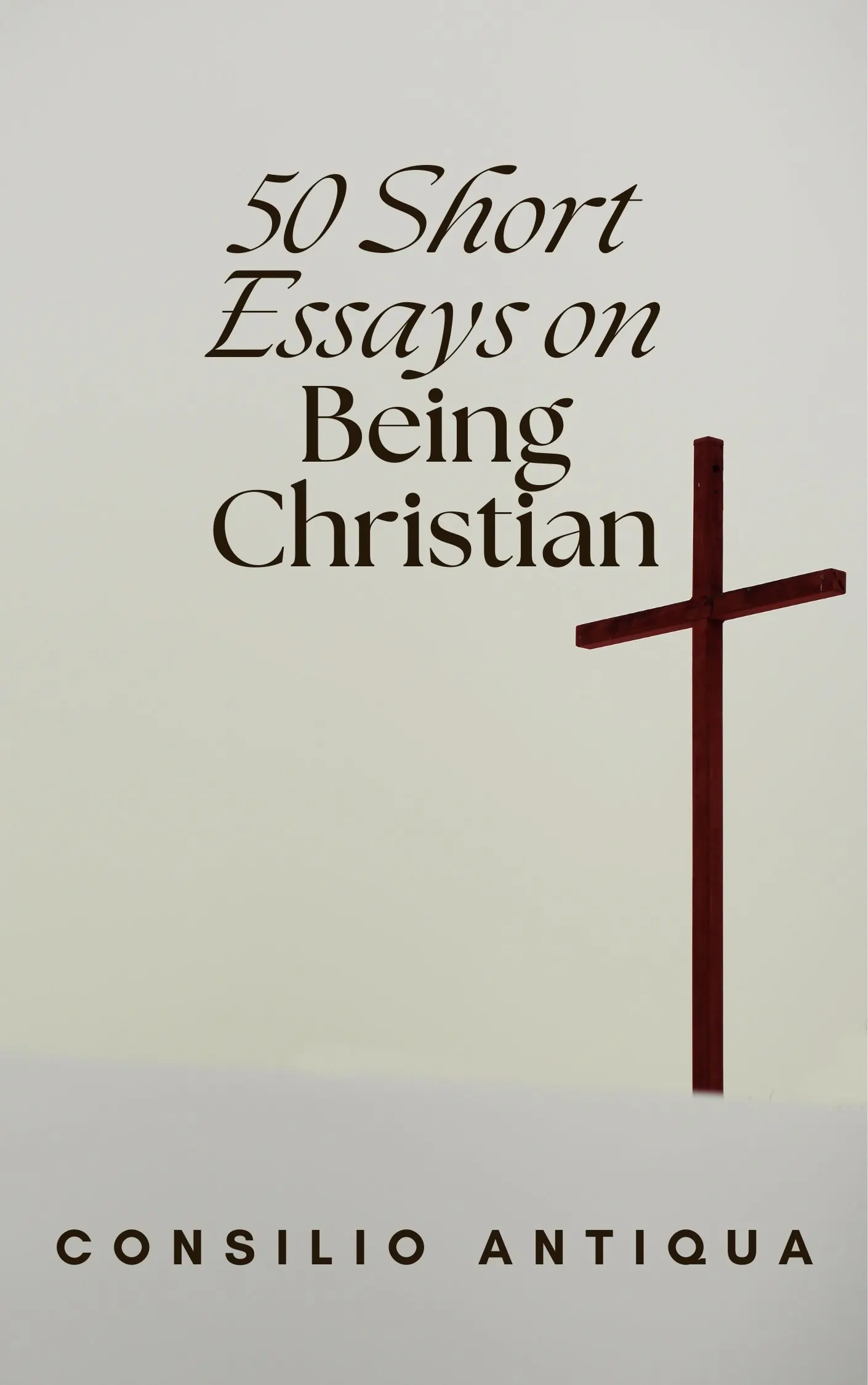
50 Short Essays on Being Christian | Chapter The Concept of Incarnation
Chapter The Concept of Incarnation
The divine present in human form
Dear Thomas,
Have you ever held a piece of pottery in your hands, smooth and cool, and felt a connection to the person who created it? I was working on a clay pot the other day, letting the wheel spin and my hands mold the wet earth. As I shaped the clay, I felt a sense of purpose, a connection to something beyond myself. It was as if the clay itself was guiding my hands, whispering its own story. It was then that I found myself thinking about the Incarnation – that moment when the divine, the eternal, took on the form of flesh and blood.
The process of creation, whether it be in art, music, or even the simple act of raising a child, feels like a reflection of that divine act of becoming human. We take something raw, something unformed, and through our hands, through our imagination, we bring it into being. We pour ourselves into it, leaving a mark of our own story, our own essence.
The Incarnation isn't just a historical event, it's a continuous process. It’s the divine present in the human experience, in the laughter of a child, the beauty of a sunrise, the compassion of a stranger. It’s in the act of creating, of connecting, of loving. It’s in every act of human kindness, every moment of forgiveness, every gesture of selflessness.
But of course, there’s also the dark side, the suffering, the pain, the brokenness that surrounds us. It’s hard sometimes to see the divine in the face of such darkness. But maybe that’s the point. Maybe the divine doesn't always come wrapped in a pretty package. Maybe it's in the fire that tempers the clay, in the storms that force us to shelter, in the tears that cleanse our souls.
As I sit here, contemplating this, I realize that maybe the Incarnation isn’t about the divine becoming human, so much as it is about us becoming divine. It’s about recognizing the divine spark within each of us, within every living creature, within the very fabric of the universe. It’s about finding the divine in the ordinary, in the everyday, in the moments we often take for granted.
So maybe, Thomas, the next time you hold a piece of handcrafted pottery, a painting, a book, a poem – anything created by human hands – take a moment to appreciate the beauty, the creativity, the love that went into it. And maybe, just maybe, you’ll find a touch of the divine there, as well.
Love,
Rachel
What about you? Where do you find the divine in your everyday life? Do you see it in the ordinary, or is it something you seek out in the extraordinary?
